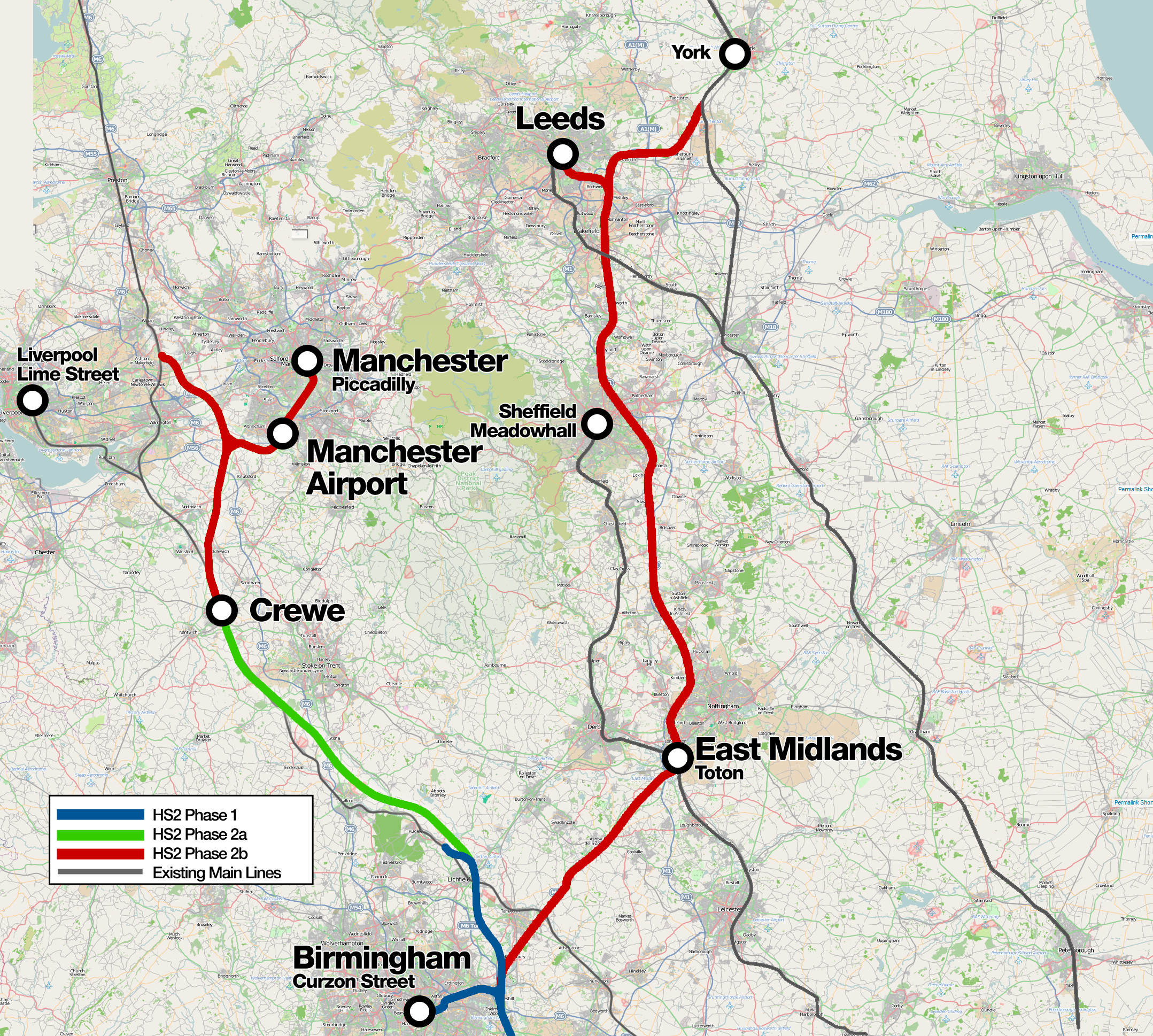‘Extra capacity HS2 should go to rail freight’

British logistics interest group FTA has called on the UK government to secure the future of HS2 and reassure that capacity released by the high-speed railway project will not be pre-allocated to passenger services. Instead, it should be made available for bids from freight operators.
The HS2 is a proposed high-speed railway line in the UK. It has been on the shelves since and has now sparked controversy, as the project was about 30 billion UK pounds over budget this summer. Moreover, the second phase, beyond Birmingham, would come in up to seven years late, with a completion date of up to 2040. The first phase is now delayed by five years to 2031. This has led to a review of the project.
Benefits
To lock in the benefits of the project, FTAis seeking a guarantee from government that capacity released by HS2 will not be pre-allocated to passenger services, but instead made available for bids from freight operators.
Alex Veitch, FTA’s Head of Multimodal Policy, commented:“While there are always strong pressures on government to favour passenger operators, our members need a guarantee that they will receive fair treatment and fair access to capacity released by HS2.”
Excited
“FTA and its members are excited about the prospect of HS2 and what it can deliver for the logistics industry. With HS2 trains able to carry over 300,000 people per day, the shift in traffic will release capacity on existing rail lines which can be used for freight. “Allowing more freight to travel by rail will ease congestion on our busy road infrastructure, with HS2 predicting that its first phase alone could free up rail freight capacity equivalent to around 1,500 lorries every day”.
Efficient logistics is vital to keep Britain trading, directly having an impact on more than seven million people employed in the making, selling and moving of goods. With Brexit, new technology and other disruptive forces driving change in the way goods move across borders and through the supply chain, logistics has never been more important to the UK, the organisation noted.

You just read one of our premium articles free of charge
Want full access? Take advantage of our exclusive offer





